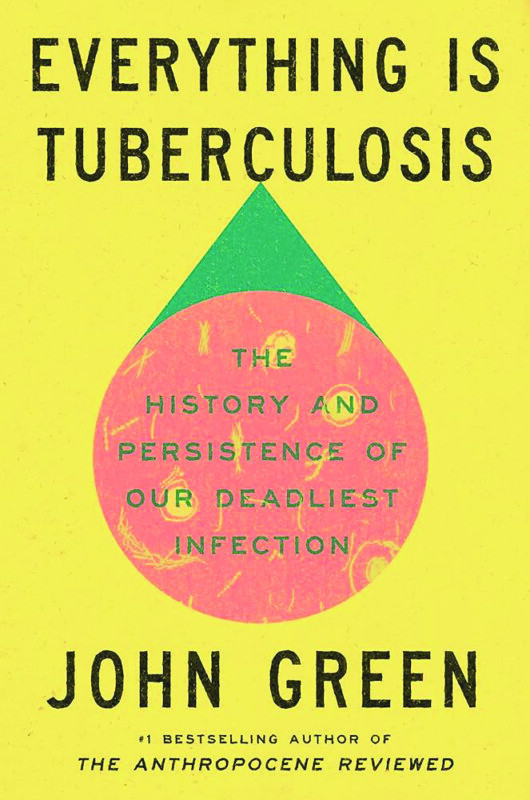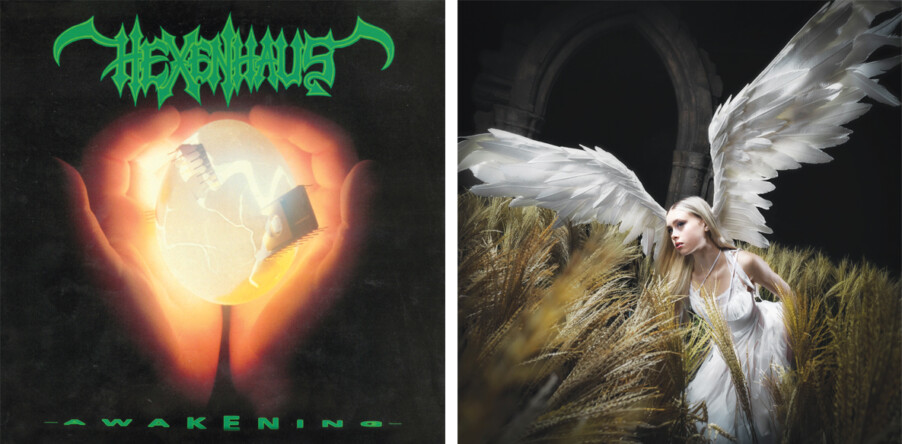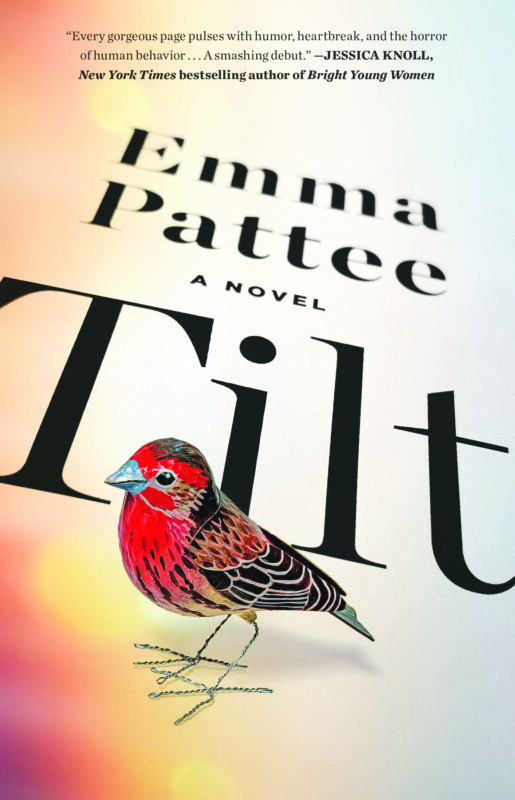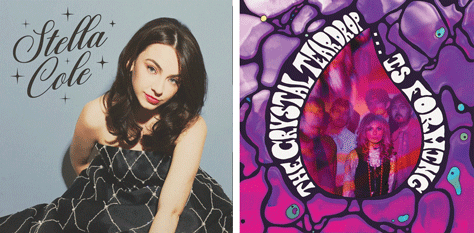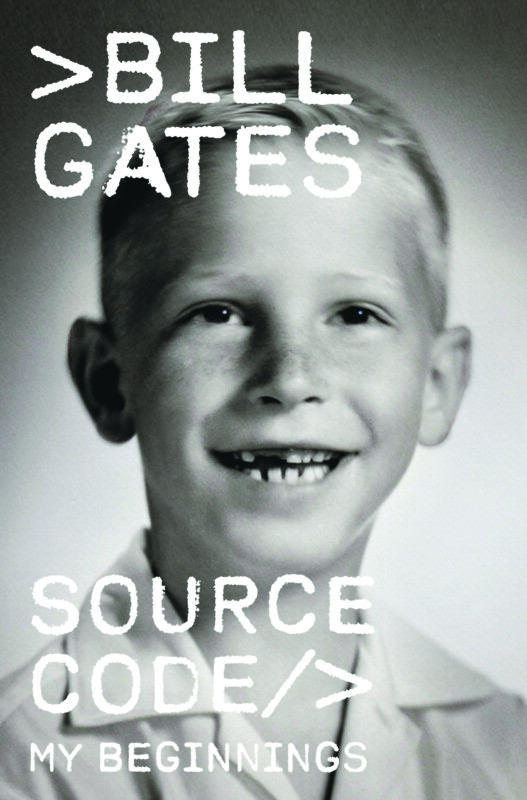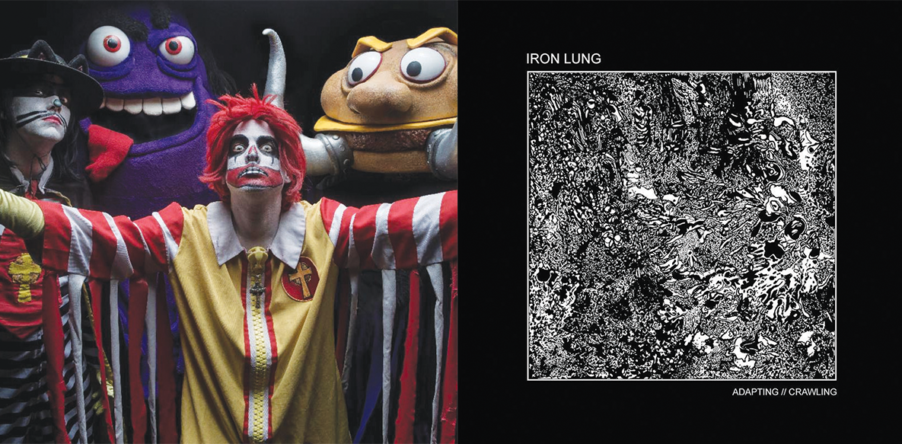“It is a strange fact of human history that we tend to focus so little on disease,” John Green writes in his new book Everything is Tuberculosis. In a history class in college, “I learned of wars and empires and trade routes, but I heard precious little of microbes, even though illness is a defining feature of human life.”
Instead, in school, disease is related to medicine and the biological sciences, even though a certain disease, with which Green is currently obsessed, is part of the reason why New Mexico became a state, and one of the reasons that three teenagers were so willing to assassinate the Archduke Franz Ferdinand, leading to the start of the first World War War.
This disease, in Green’s telling, also indirectly gave us the cowboy hat.
The origin story of the Stetson is the rare light-hearted anecdote in a book about the oldest infectious disease on the planet. Globally, tuberculosis still kills more than a million people a year, even though it’s rarely seen in the U.S. and we don’t vaccinate for it here. When cases do arise — as one did in New Hampshire earlier this year — officials work quickly to contain it, and the patient is usually cured.
Like most Americans, Green, who found fame with his 2012 novel The Fault in Our Stars, paid little attention to tuberculosis — until he encountered it while visiting health care facilities in the West African nation of Sierra Leone a few years ago. He writes that he considered TB “a disease of history — something that killed depressive nineteenth-century poets, not present tense humans.”
Even the language of TB, which has long been called consumption, sounds quaint to American ears.
But after Green met a 17-year-old in Sierra Leone who had been stricken with the disease in childhood, tuberculosis had a face. He returned home and started to read about TB, and suddenly, everything was coming up tuberculosis. It turns out that Green even had a relative who died of TB in 1930 at age 29.
Green is the history teacher we wish we’d had in high school. We remember things not by memorizing facts but by hearing stories, and Green has amassed a medicine chest full of stories about tuberculosis, and about the evolution of medicine in general, and he strings them together while, in alternating chapters, introducing us to Henry, the young patient at a TB hospital in Sierra Leone called Lakka.
Green assumed that Henry was much younger than he was because he was so small. His size, however, turned out to be because of chronic malnutrition compounded by TB, which destroys the appetite as it eats away at the body, especially the lungs.
Tuberculosis is curable with the right medication. So why, except when it was briefly displaced by Covid-19, is this still the world’s deadliest infectious disease?
For one thing, people are especially vulnerable to TB if they have a weakened immune system because of diabetes, malnutrition or HIV. It spreads in tight quarters when people cough or sneeze. Most people who are infected will not develop the disease; about 10 percent do, and not everyone with “active” TB will die from it as they commonly did centuries ago.
But because the disease has developed resistance to treatment and proliferates in places with the least resources, it is still causing significant suffering to people like Henry and his mother, whose lives were already cruelly hard before tuberculosis moved in. The mother struggled to feed her two children and at times couldn’t afford to buy rice, Henry and his sister subsisting for a time on milk flavored with spices.
As Green explains, in rich countries with robust health care systems, a person with money or insurance can get testing that pinpoints the specifics of a TB infection, allowing for proper treatment.
In poverty-stricken Sierra Leone, where Ebola killed a sizable number of physicians and nurses during the most recent outbreak, these tests were not available, nor was the most cutting-edge of treatments. Henry’s condition was diagnosed with an X-ray and he was given a general cocktail of pills that were ultimately ineffective. He was trapped in a roller coaster of getting better and then getting worse. By the time Green met him, the teen had been sent to a hospital where patients go to die.
The night before he was transferred, Green writes, mother and son lay together in Henry’s hospital bed “and together they cried through the night.”
The facility to which he was being transferred was the one where he would, by sheer chance, meet Green.
Green takes us through the history of TB, including one of the more bizarre chapters of the disease: the period in the 18th and 19th centuries in which the disease became romanticized and even contributed to long-lasting standards of beauty. “Maybe the nineteenth-century Romantics would die early, but oh, the poems they would write,” was the thinking of the time.
John Keats died of TB at age 25, as did Stephen Crane at age 29; the Bronte sisters had tuberculosis. For a time, “Consumption was believed to bring the creative powers to new levels, helping artists get in deeper touch with the spirit as their worldly bodies literally shrank away,” Green writes. This idea was so prevalent that as TB rates fell in the U.S. at the end of the 19th century some people worried aloud that literature would suffer.
But Keats, who would wake up in the night crying from the pain, put to rest any romantic notions about TB, writing at one point, “We cannot be created for this sort of suffering.”
It is this suffering, apparent in Henry’s story, that Green wants us to remember, as he crafts the book around the question: Will Henry survive?
In less capable hands this could seem like a gimmick, but in fact, as Green makes clear, the odds have never been good for people with TB — one author has estimated that it killed one out of seven people who have ever been alive. It’s a legitimate concern since, even when a best-selling author takes an interest in your case, survival from active TB is never guaranteed. Everything is Tuberculous is full of heartbreaking stories of desperate doctors who were unable to save their own children.
In many ways, technology has made the world’s problems our own, and many people suffer from compassion fatigue, as the needs are so great. One of the privileges of being an American in the past few decades is to not have to think about tuberculosis at all. But maybe, Green suggests, that has been a mistake, and we need to start thinking about tuberculosis again. A —Jennifer Graham

